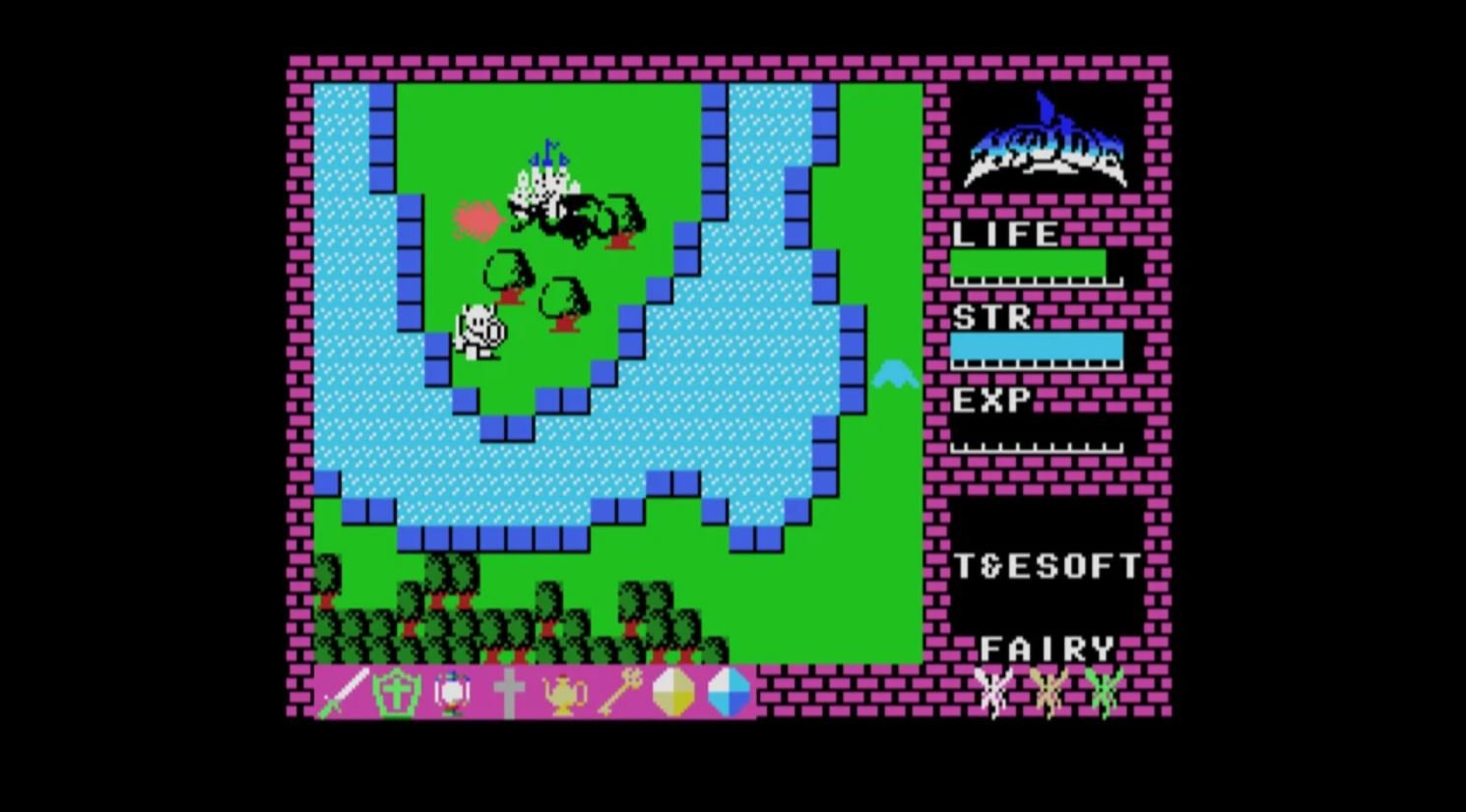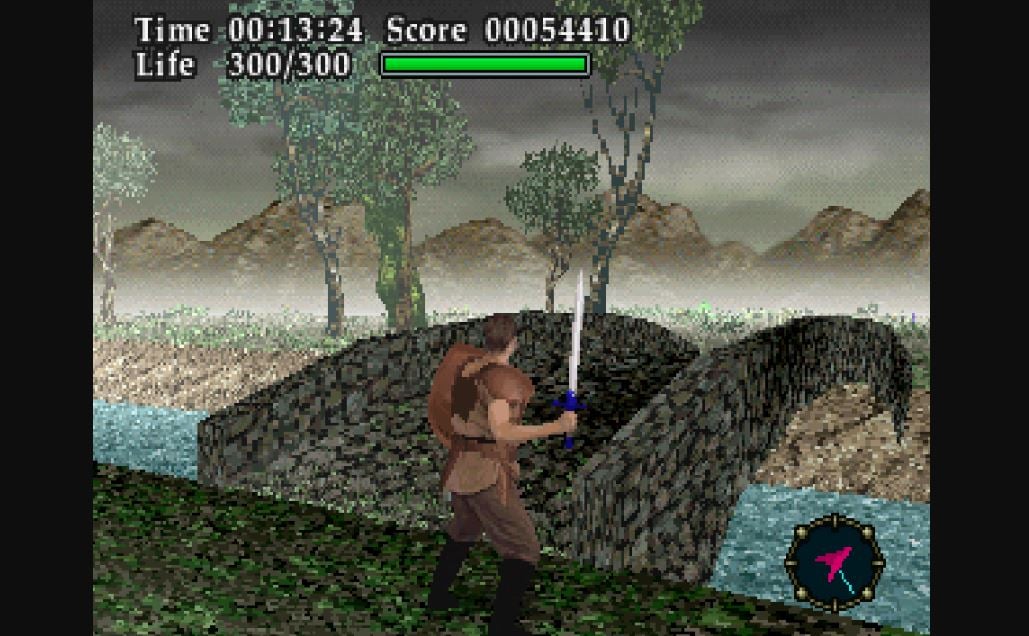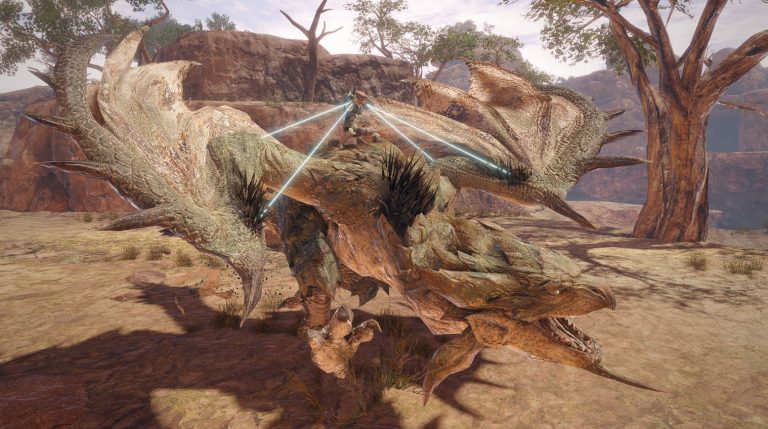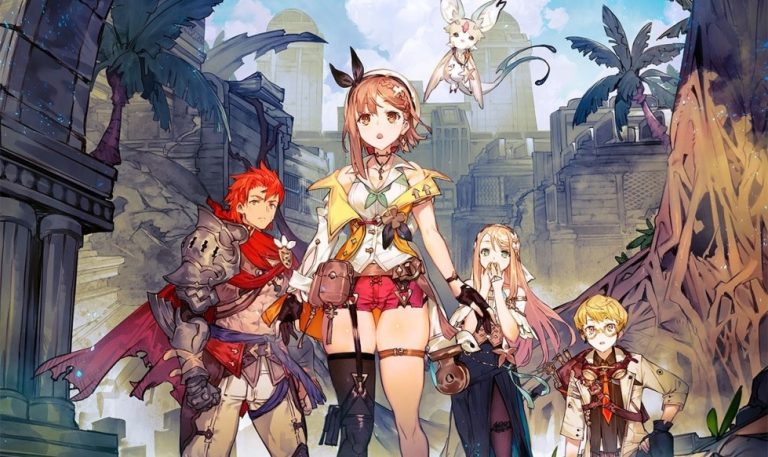Game designer and programmer Tokihiro Naito, whose career in video games spans over forty years, recently brought attention to an issue in Japan’s game industry that’s rarely talked about – age-based discrimination. Now serving as a director at M2, Naito is the developer behind numerous titles including T&E Soft’s Hydlide from 1984, one of the first Japanese-developed action RPGs, and one of the first open-world games.
Taking to his personal X account on October 14, Naito wrote, “When I was on the verge of becoming unemployed at 50 after my employer decided not to renew my contract, I applied to nearly a hundred companies. But about 90% of my applications were rejected at the document screening stage. The reason cited was my age. They didn’t even bother to look at my skills.” Shockingly, the developer reveals that among the companies that did offer him an interview, some admitted to only doing so “so that they could have a chance to meet Naito Tokihiro,” even though they were not actually considering him for the job to begin with. In the end, Naito says he managed to secure a job only thanks to a stroke of good luck and personal connections.
It’s pretty crazy that a developer can be famous enough for industry peers to be that eager to meet him, yet still struggle to find full-time employment. But it seems that in Japan, age is indeed that big of a deal. In response to Naito’s post, game developer Hiromasa Iwasaki, who has likewise been making games for 30 years, commented, “After you turn 50, basically only overseas studios will interview you regardless of age, with some exceptions. Even the project I’m on right now was something I landed through an acquaintance. Honestly, I think age discrimination is blatantly present in Japan.”
Another former T&E Soft developer echoed the sentiment, sharing their own experience. “Two years ago, I was in a similar situation and applied to 25 companies for the same type of work as my previous job. I only got interviews with two companies, which I presume hadn’t even looked at my resume beforehand. The interviews were awful, and neither hired me. They cited my age as problematic and even insulted me personally.”

The issue of ageism in Japan’s game industry is likely just part of a wider, nationwide phenomenon. Not only does the country not have explicit laws or punishments addressing age discrimination by employers (source: TokyoDev), but there’s also a strong culture formed around seniority, so many employers don’t want to hire subordinates that may be older than their managers because of the social implications. Unfortunately, such biases seem to be pretty strong in the game industry too, which makes switching jobs complicated for older devs. On the other hand, the issue does not seem to be prevalent among foreign-owned game companies, as testified by several devs and Naito himself, who commented, “Overseas companies don’t ask about your age at all. I regret not realizing that at the time.”






This is every much a Japan thing that isn’t tied to a single industry. While the people mentioned in this article only ran into the problem in their 50s, it starts when you turn 40. The simple cause is mandatory insurance payments that companies have to pay for each seishain and otherwise directly contracted full-time employee. These payments skyrocket when you turn 40. I ran into this when I was 45, and half a decade later, am still unable to get full time work despite being a skilled professional. Japan can be a wonderful place, but the ageism caused by things like this are real issues that aren’t likely to be addressed anytime soon =(
40?? That’s crazy! I’m 41, and I don’t look or act any differently than when I was 30. I can’t believe they treat us as if we’re old. Just wow.
Such a crooked industry, really
Well, newsflash. Ageism is present in the new state of the video game industry.
I have experienced it on my own skin.
I don’t think it’s ageism specifically, but laziness… If an employer can use any reason at all to cut down application screening they will
This is something I’ve been facing too. Because I’m too young they don’t believe I have enough experience for taking developer jobs. EVEN IF I WAS BORN IN THE INTERNET AGE.
Would never have guessed that would be an issue in a country where people tend to live so long.